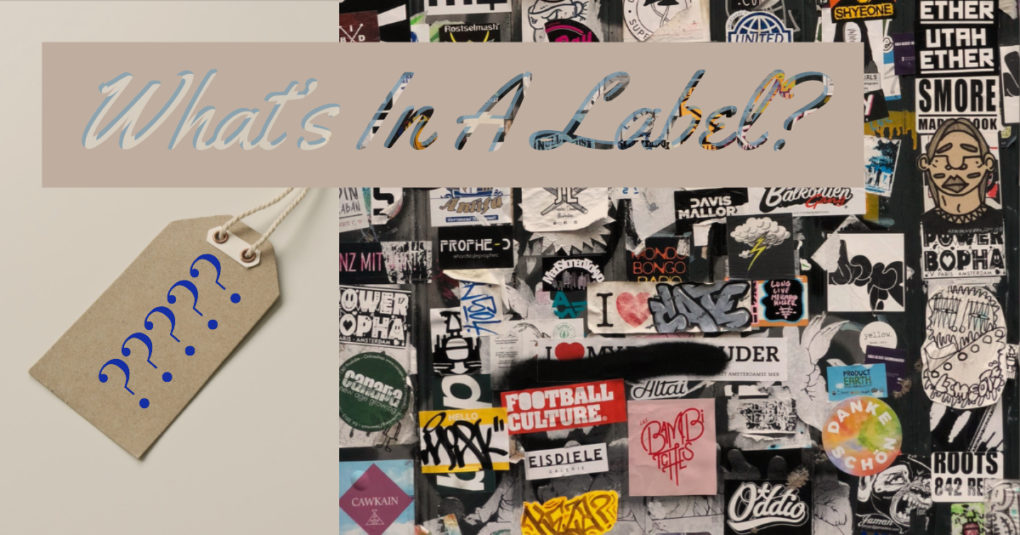We in America have been easily swayed into accepting labels as gospel. Labels give us parameters from which to make decisions when it comes to how we choose to eat and live. They tell us who we are (in case we didn’t know), so we can subdivide ourselves. Whether in politics (democrat/republican/libertarian), religion (Buddhist, Christian, Jew), schooling (public/private/home), relationships (married/single/complicated), or food (GMO/organic), we have convinced ourselves that we are separate “but not equal” on one planet ecosystem that connects and sustains us all.
Ironically, food is the great equalizer in uniting us because our vitality and health as individuals and as a nation all come down to the fuel we put into our bodies. And if we don’t have health, what do we really have?
Yet, food is being used to further divide us through labels. In the “land of the free” we have discovered that information is not free. Corporate government allows food companies to write their own rules, which determines who controls the ingredients, the quality, and the words describing most industrial foods sold in stores.
The Food industry, controlled by Monsanto, genetically modifies food to alter the genome in order to patent nature and profit from it. With government approval, Monsanto has patented GMO sugar beets, soy, canola, corn, among other crops, which make up over 90% of ingredients in most processed foods. They spend millions of dollars annually to keep people in the dark by not labeling their products so people do not have all the information from which to make informed decisions.
Enter the drive by groups to label GMO foods. Many groups argue that the government should label GMO food so consumers can know what they are buying, as is their right. However, there are inherent problems in the effort to both label these foods, and to trust a label.
Here are a few:
1. The “Certified Organic” label standards process has been usurped by the Food Industry and changed without a public review so that the definition of organic is no longer the same as it used to be.
2. Even if main ingredients in foods are labeled “GMO” there are always ways hide these ingredients in other phrases (spice combinations).
3. Recently, some foreign suppliers of crops (operating in Asia, Africa, South America, Europe and the Middle East) have been caught red-handed with fake organic certificates, for profit.
4. Many petitions to require labeling in States (Washington and California) have failed in referendums because Monsanto and major food companies spend millions in campaigns to confuse voters. Moreover, many people do not trust the privately-controlled voting system and are opting out of the system.They are dispensing with political labels as they see the two party system is really two sides of the same corporate coin.
5. The raw milk movement has learned that asking for legal labels (raw vs. processed) can be used by the multi-million dollar (Milk) Industry to divide and conquer small farmers that privately sell raw milk and raw products to those who seek it out. Asking the government to make raw milk “legal” is really taking an inherent right to choose our foods and turning it a privilege, which can be taken away (as seen by State overreach in Wisconsin and Minnesota). Under new laws, small farmers would be made to adhere to greater restrictions and record keeping requirements, taking them off the farm, and raising costs.
6. As seen by the organic label debacle, how do we trust industry to provide a valid label? By whose standards? And whose enforcement? Products like “Organic” Cascadian Farms frozen peas are not organic – a Chinese product with no certification or enforcement by the US.


